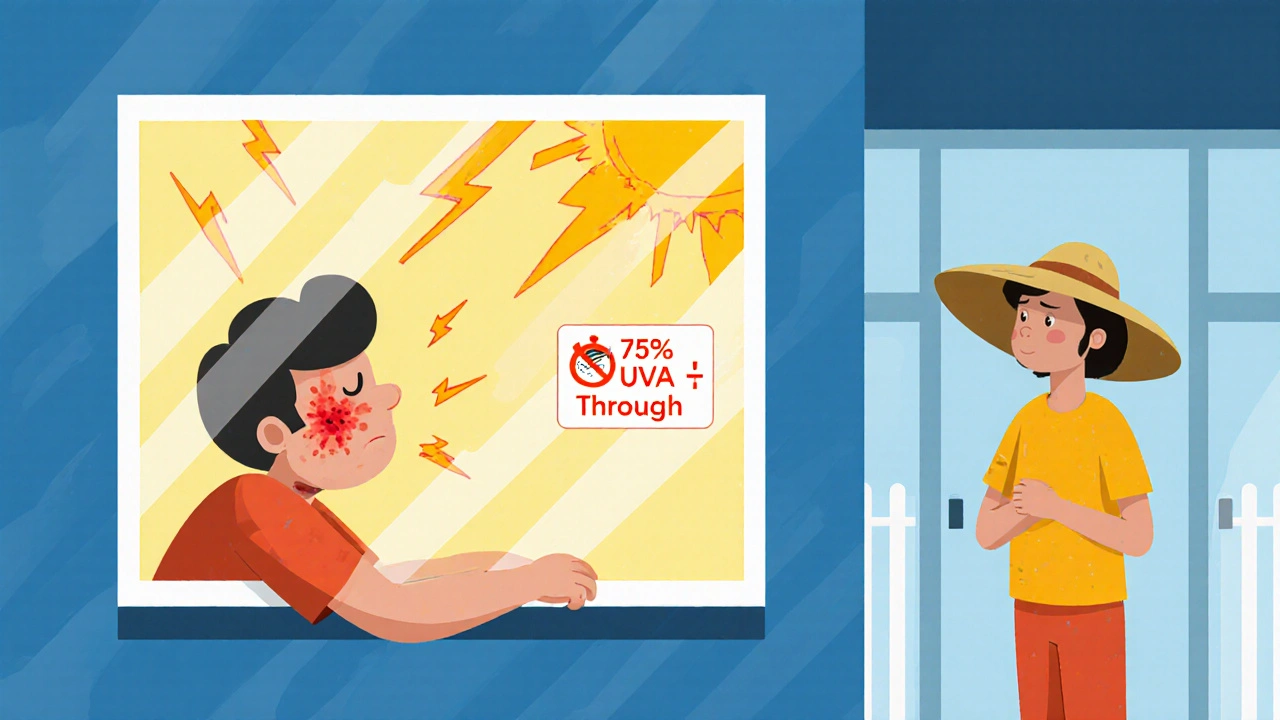Sunscreen: What You Need to Know for Real Protection
When you apply sunscreen, a topical product designed to absorb or reflect ultraviolet radiation from the sun. Also known as suntan lotion, it’s not just for beach days—it’s a daily shield against skin aging and cancer. Most people think sunscreen is only needed when it’s sunny, but UV rays penetrate clouds and windows. Even on a cloudy day in winter, your skin is getting damaged. The sunscreen you use should block both UVA and UVB rays, not just one.
Not all SPF, Sun Protection Factor, a measure of how well a sunscreen protects skin from UVB rays ratings are created equal. SPF 30 blocks about 97% of UVB rays. SPF 50 blocks about 98%. Going higher than SPF 50 gives you almost no extra benefit, but many brands push SPF 100 as if it’s a magic number. It’s not. What matters more is how much you apply and how often you reapply. Most people use half the amount they need, which cuts protection in half. You need about a shot glass full for your whole body. Reapply every two hours, or right after swimming or sweating.
UV protection, the ability of a product or material to block harmful ultraviolet radiation isn’t just about sunscreen. Hats, sunglasses, and shade help—but they’re not enough on their own. Your arms, neck, ears, and feet often get missed. Men are especially prone to skin cancer on the back, chest, and scalp because they skip sunscreen there. And yes, balding men need sunscreen on their scalp. Skin cancer doesn’t care if you’re athletic, healthy, or young. It just needs exposure.
Chemical sunscreens absorb UV rays. Mineral sunscreens (zinc oxide, titanium dioxide) sit on top of your skin and reflect them. Mineral ones work right away. Chemical ones need 15–20 minutes to activate. If you have sensitive skin, mineral sunscreens are less likely to cause irritation. If you’re active or in water, look for water-resistant formulas—but remember, no sunscreen is truly waterproof. Even the best one washes off.
Every year, millions of men ignore sunscreen until they notice a weird mole or a spot that won’t heal. By then, it’s often too late. The truth? Skin cancer is one of the most preventable cancers—if you use sunscreen daily. You don’t need to slather on a thick white paste. There are lightweight, non-greasy options now that feel like moisturizer. Find one you like, keep it by your sink, and use it every morning. No exceptions.
The posts below cover real-world connections between sunscreen, medications, and health. Some drugs make your skin more sensitive to the sun. Others affect how your body repairs UV damage. You won’t find fluff here—just clear, practical info on how your daily choices, from pills to lotions, shape your long-term health.
Learn how to prevent dangerous sun reactions if you have photosensitivity. Discover the best sun protection methods, which medications increase risk, and how to build a daily routine that keeps your skin safe from UV damage.

